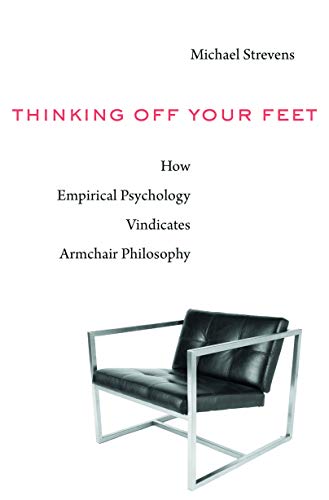Where Are All the Successful Analyses?
I promised a surprise for today’s post. It’s a nasty one. Philosophical analysis is a search for the essential natures of such things as knowledge, justice, and causality. I’ve been defending analysis on two fronts. First, I’ve argued that it its inputs—the case judgments delivered by our “starter theories” of …


